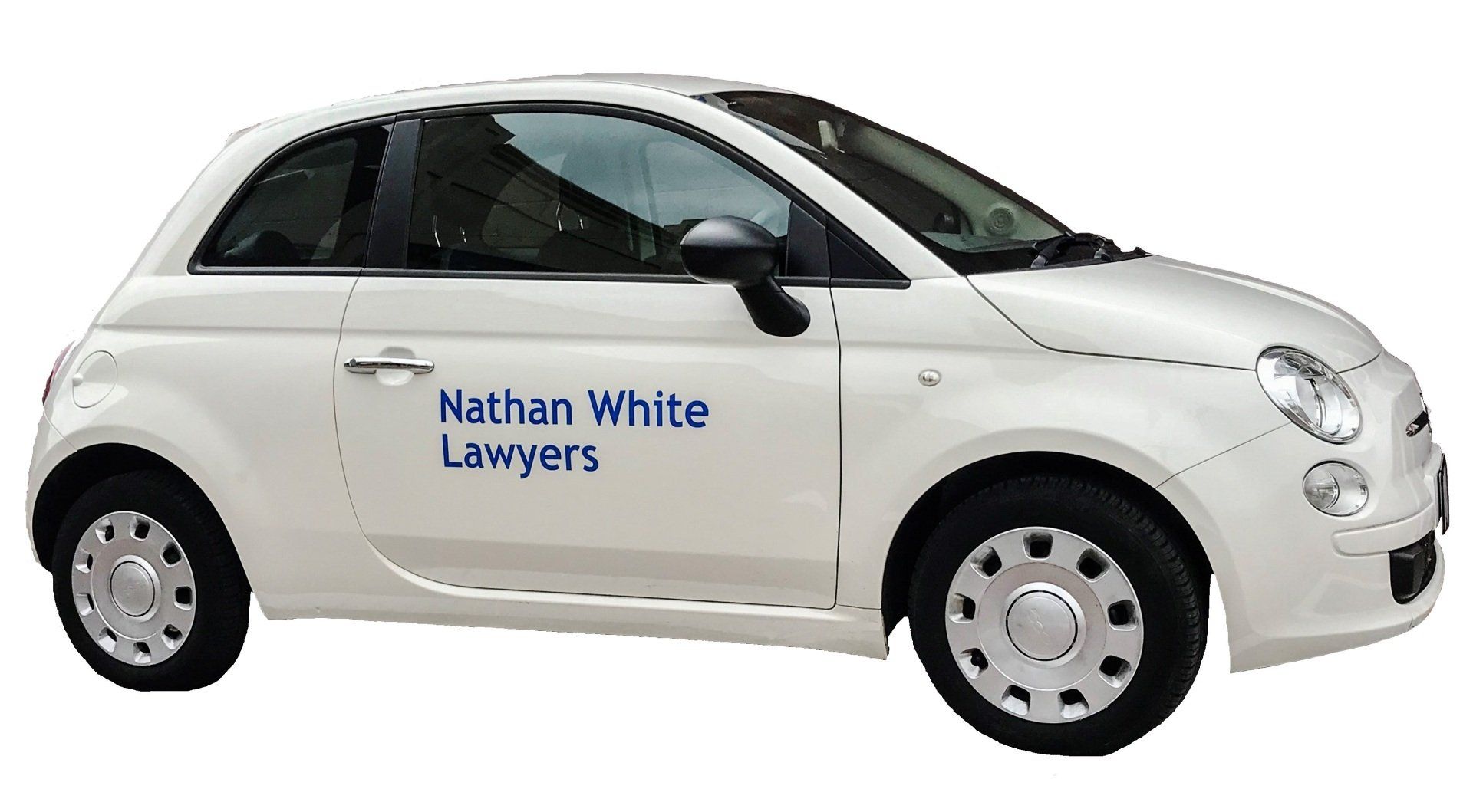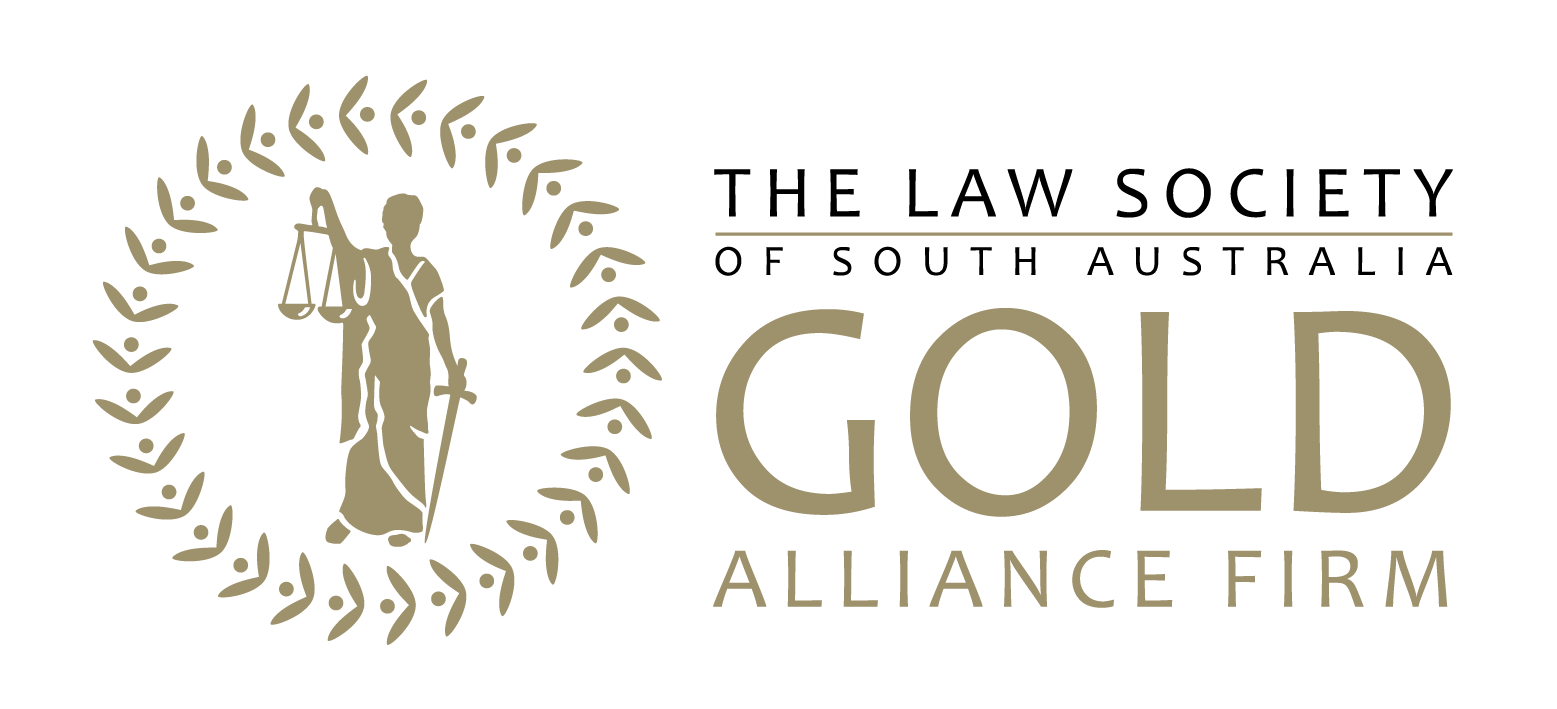Schedule an Appointment
Assisting You With Issues Relating to Traffic and Driving Laws
Drink Driving
There are two main drink driving offences: driving over the limit, that is, exceeding the Prescribed Concentration of Alcohol commonly known as PCA; and Driving Under the Influence aka DUI.
PCA means that you were breath tested and recorded a blood alcohol level over the legal limit.
Exceed PCA is the more common offence.
DUI is more serious and means that you were intoxicated that could not control the vehicle.
Driving Over the Limit (Exceed PCA)
If you drive, or attempt to drive, a motor vehicle while there is more than the 'Prescribed Concentration of Alcohol' (PCA) in your blood, you will be guilty of an offence. It makes no difference that you did not feel drunk at the time, that you didn't drink very much or your driving was not affected in any way. The law is strict as to the amount of alcohol that can be present in a person's blood when driving. For full licence holders, the maximum allowable blood alcohol level is 0.05. For learner, provisional or probationary drivers, any alcohol in their blood is a breach of licence conditions. In addition, if the level of alcohol exceeds .05, they also face charges of exceeding the prescribed concentration of alcohol.
Driving Under the Influence (DUI)
If you drive, or attempt to drive a vehicle while so much under the influence of alcohol as to be incapable of exercising effective control of the vehicle, you will be guilty of an offence. For the purposes of this offence, you are deemed to be incapable of exercising effective control of a vehicle if your physical or mental capabilities are significantly impaired. The police may use their observations to show that you could not exercise effective control, such as slurred speech, swaying when standing, and a strong smell of alcohol on your breath. A blood alcohol reading may form part of this evidence but is not essential. This offence is separate to exceed PCA and you may be charged with both offences, especially if you are involved in an accident. However, you cannot be convicted of both offences in relation to the same incident.
Penalties
If you are convicted of a drink driving offence the court must impose the minimum disqualification period yet can impose a longer period, it is up to the discretion of the Court. Personal hardship or loss of employment are not grounds to keep your licence. You cannot get a restricted, temporary licence or a licence just for work purposes - the disqualification is final.
A fine and licence demerit points will also apply. A magistrate has the power to impose a prison term in the case of serious or repeated DUI offences, but this is not common. The following penalties are for first offences only.
| Offence | Disqualification (minimum) | Fine | Demerit Points |
|---|---|---|---|
| PCA .05 - .079 | 3 months* | $771 expiation fee (on-the-spot fine) or $1100 | 4 |
| PCA .08 - .149 | 6 months | $900 - $1300 | 5 |
| PCA .15 or over | 12 months | $1100 - $1600 | 6 |
| DUI | 12 months | $1100 - $1600 | 6 |
| DUI with a child present | 12 months | $1100 - $1600 | 6 |
| Refuse the breath test | 12 months | $1100 - $1600 | 6 |
| Refuse a blood test | 12 months | $1100 - $1600 | 6 |
| PCA .08 - .149 with a child under 16 in vehicle | 6 months | $900 - $1300 | 5 |
| PCA .15 or over with a child under 16 in vehicle | 12 months | $1100 - $1600 | 6 |
Source: Legal Services Commission – Drink Drive Factsheet (2021)
Mandatory Minimum’s
category 1 offence means an offence against section 47B(1) involving a concentration of alcohol of less than .08 grams in 100 millilitres of blood;
category 2 offence means an offence against section 47B(1) or (1a) involving a concentration of alcohol of less than .15 grams, but not less than .08 grams, in 100 millilitres of blood;
category 3 offence means an offence against section 47B(1) or (1a) involving a concentration of alcohol of .15 grams or more in 100 millilitres of blood;
(3) If a court convicts a person of an offence against this section, the following provisions apply:
(a) the court must order that the person be disqualified from holding or obtaining a driver's licence—
(i) in the case of a first offence—
(AA) being a category 1 offence—for such period, being
not less than 3 months, as the court thinks fit;
(A) being a category 2 offence—for such period, being
not less than 6 months, as the court thinks fit;
(B) being a category 3 offence—for such period, being
not less than 12 months, as the court thinks fit;
Alcohol Dependency Assessment
If you are convicted of a drink driving offence where a child aged under 16 was present in the vehicle, OR you have other previous convictions for prescribed drink driving offences committed within the past 5 years, you will be required to show you are not dependent on alcohol before your licence is reissued. This will involve undergoing an alcohol dependency assessment to determine whether you are dependent on alcohol. You are required to pay the cost of the assessment and any treatment program.
Source: Drink Wise https://drinkwise.org.au/drinking-and-you/how-much-have-you-had-to-drink/#
Note: this chart is subject to certain variables such as: sex, age and weight. This chart does not take into consideration the variables or medical conditions and/or prescribed medication, which may affect and/or alter the blood alcohol concentrate.
Drug Driving – RTA - s47BA—Driving with prescribed drug in oral fluid or blood
Drug screening tests currently only detect the presence of THC the active ingredient in marijuana, methylamphetamine (meth, speed or ice) and MDMA (ecstasy).
The Penalties for drug driving include:
(a) for a first offence—a fine of not less than $900 and not more than $1 300;
(b) for a second offence—a fine of not less than $1 100 and not more than $1 600;
(c) for a third or subsequent offence—a fine of not less than $1 500 and not more than $2200.
First offence for Drug Driving has an option
‘On the spot’ fine; and 4 demerit points plus licence disqualification for three months
OR
Court penalty – a fine of not less than $900 and not more than $1,300; and 4 demerit points; and Licence disqualification - not less than six months
(4) If a court convicts a person of an offence against this section, the following provisions apply:
(a) the court must order that the person be disqualified from holding or obtaining a driver's licence
(i) in the case of a first offence—for such period, being not less than 6 months, as the court thinks fit;
(ii) in the case of a second offence—for such period, being not less than 12 months, as the court thinks fit;
(iii) in the case of a third offence—for such period, being not less than 2 years, as the court thinks fit;
(iv) in the case of a subsequent offence—for such period, being not less than 3 years, as the court thinks fit;
| Offence | Disqualification (minimum) | Fine | Demerit Points |
|---|---|---|---|
| Drug Driving | 3 months* | $771 (expiation fee); or $900 - $1300 | 4 |
| Drug Driving with child present | 3 months* | $600 (expiation fee); or $900 - $1300 | 4 |
| Refuse drug test | 12 months | $900 - $1300 | 6 |
| Refuse blood test | 12 months | $900 - $1300 | 6 |
Source: Legal Services Commission – Drug Drive Factsheet (2021)
Drug Dependency Assessment
If you are convicted of a drug driving offence where a child aged under 16 was also present in the vehicle, OR you have other previous convictions for prescribed drug driving offences committed within the past 5 years, you will be required to show you are not dependent on drugs before your licence is reissued. This will involve undergoing a drug dependency assessment to determine whether you are dependent on drugs. You are required to pay for the cost of the assessment and any treatment program.
Vehicle Impound
All Drink Driving and Drug Driving offenses the vehicle
MAY be impounded. That is up to the Police Officers discretion. For higher and subsequent offences it is mandatory. Then impound is for 28-days, fees total $1157.50.
Demerit Points
If you hold a full licence and accumulate:
six or more demerit points, a warning notice is sent to you (unless you have an interstate address) warning that you are close to being disqualified from driving.
If you accumulate 12 or more demerit points in a three-year period you will be disqualified from holding or obtaining a driver's licence or permit.
If you accumulate:
- 12 to 15 points you lose your right to drive for three months
- 16 to 20 points you lose your right to drive for four months
- more than 20 points you lose your right to drive for five months
If you hold a Learner's Permit or Provisional Licence and you accumulate 4 or more demerit points you could lose your right to drive for at least six months.
If you hold a Probationary licence and accumulate 2 or more demerit points you could lose your right to drive for at least six months.
Good Behaviour Option
Drivers who are issued a demerit disqualification notice may be eligible to elect a 12-month good behaviour option as an alternative to being disqualified. This allows you to continue driving but is subject to the driver not incurring two or more demerit points in 12 months.
If you are eligible to elect the good behaviour option, you must elect this option by acknowledgment of the notice and are required to enter into an agreement and pay a small fee.
Failure to apply for the good behaviour option within 28 days will result in the disqualification taking effect (provided the notice has been acknowledged).
If you incur 2 or more demerit points during the good behaviour period, you will be issued a disqualification notice for breaching the good behaviour conditions and you will be disqualified for
twice the original demerit disqualification period. There is no right to appeal and no right to a further good behaviour option if you are issued a breach of good behaviour disqualification notice.
Disqualification
When you are disqualified from driving, your licence is cancelled. This means that when you have served your full disqualification period, you must apply to renew your licence before driving again.
If you drive during your disqualification period, you may be charged with driving while disqualified. This criminal offence is taken very seriously by the courts and can attract a term of imprisonment.
Section 91 of the Motor Vehicles Act 1959 (SA) deals with driving a vehicle whilst licence is suspended or disqualified:
The maximum penalty of imprisonment for 6 months for a first offence and imprisonment of up to 2 years for a subsequent offence [s 91(5)].
Section 74(5) of the Motor Vehicles Act 1959 (SA) outlines the mandatory minimums with respect to driving whilst disqualified:
(a) the court must order that the person be disqualified from holding or obtaining a driver's licence or learner's permit for such period, being not less than 3 years, as the court thinks fit;
(b) the disqualification prescribed by paragraph (a)
cannot be reduced or mitigated in any way or be substituted by any other penalty or sentence;
Penalty Reduction
Suspended Sentence
If you find yourself in the position of having been found guilty of an offence and sentenced to a term of imprisonment, we may be able to obtain a suspended sentence on your behalf under section 96 of the
Sentencing Act 2017 SA. If you receive a suspended sentence, you will be required to enter into a good behaviour bond and will also be required to comply with any other conditions the Court sees fit to impose.
Speeding
Excessive speed
Under s45A of the Road Traffic Act 1961 SA one cannot travel 45kph over the assigned speed limit.
(1) A person who drives a vehicle at a speed exceeding, by 45 kilometres an hour or more, a relevant speed limit is guilty of an offence.
Maximum penalty:
(a) in the case of a first offence—
(i) if the offence is a basic offence—a fine of not less than $3 000 and not more than $5 000; or
(ii) if the offence is an aggravated offence—2 years imprisonment;
(b) in the case of a subsequent offence—2 years imprisonment.
If you are caught travelling at 45 km/h or more above the speed limit, you will incur the following penalties:
- nine demerit points
- expiation fee of a minimum of $3,000
- automatic loss of licence for a minimum of six months
- if the offence is an aggravated offence— the automatic loss of licence minimum will be not less than 2 years, as the court thinks fit;
Extreme Speed
Under s 19ADA of the Criminal Law Consolidation Act 1935 (SA) a person drives at an extreme speed if they exceed the speed limit:
- by 55km/hr or more where the speed limit is 60 km/hr or less, or
- by 80km/hr or more where the speed limit is more than 60 km/hr
The maximum penalty is 3 years imprisonment for a basic offence, and 5 years imprisonment for an aggravated offence.
the court must order that the person is disqualified from holding or obtaining a driver's licence for the following period:
(i) for a first offence—
(A) if the offence is a basic offence—such period, being not less than 2 years, as the court thinks fit; or
(B) if the offence is an aggravated offence—such period, being not less than 5 years, as the court thinks fit;
Note: the disqualification prescribed
cannot be reduced or mitigated in any way or be substituted by any other penalty or sentence;
Please note: All Sources and Legislation are subject to change. The articles in this publication are intended to give general information and is not a substitute for specialist legal advice. Please contact us on
(08) 8332 3633 to obtain advice that is specific to your circumstances.
Reach Out to Us
For enquiries, please fill out the form. Our representative will get back to you soon.
Contact Us
We will get back to you as soon as possible.
Please try again later.
If you ever have an issue related to Driving and Traffic Laws, we are the right people to assist you. For more information, call us at 08 8332 3633.
Visit Us
375 Greenhill Road, Toorak Gardens SA 5065
Service Area: South Australia, Australia-Wide
Business Hours
- Mon - Fri
- -
- Sat - Sun
- Appointment Only
-
Button
Member of the Law Society of SA (Gold Alliance Firm)








